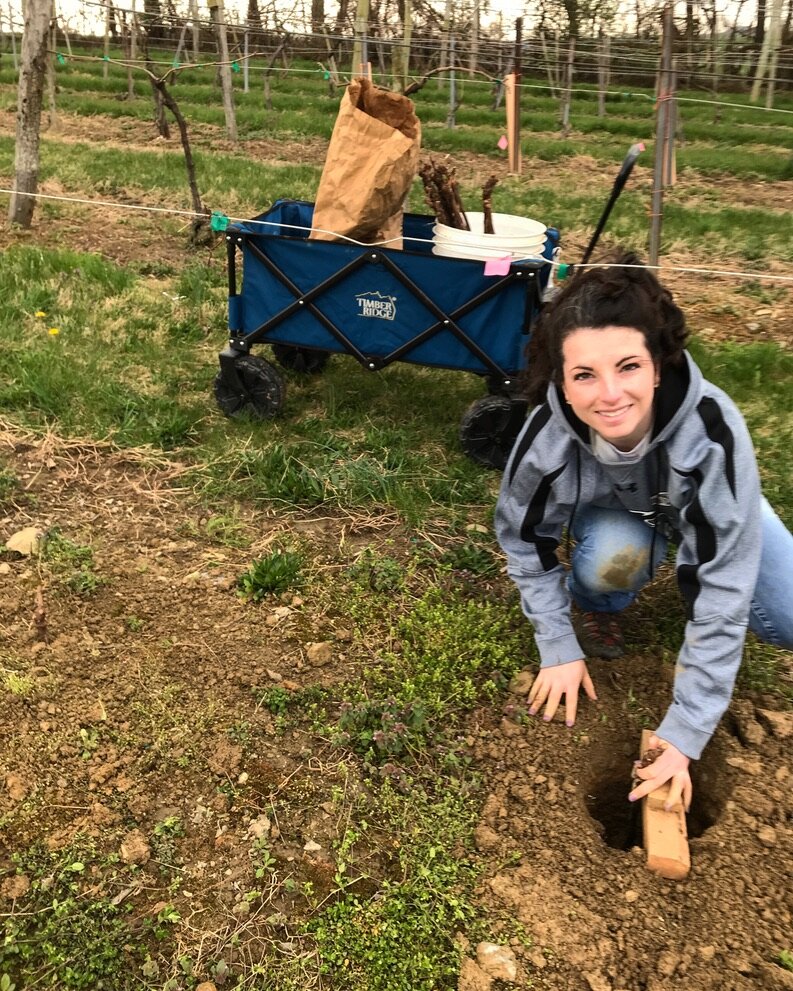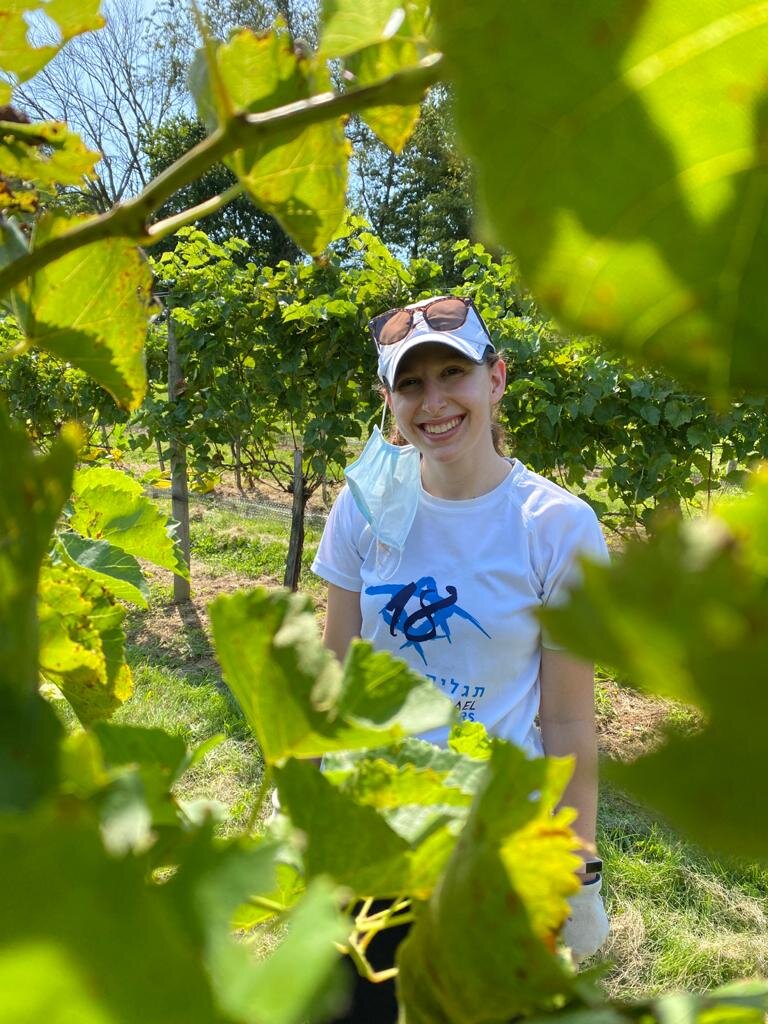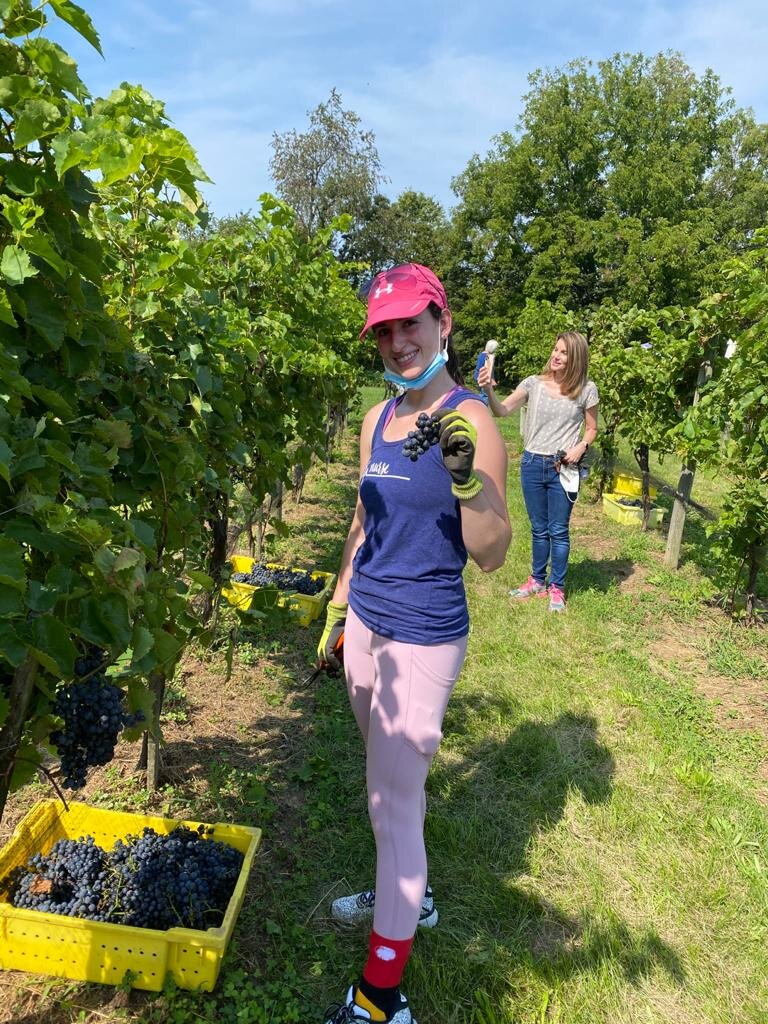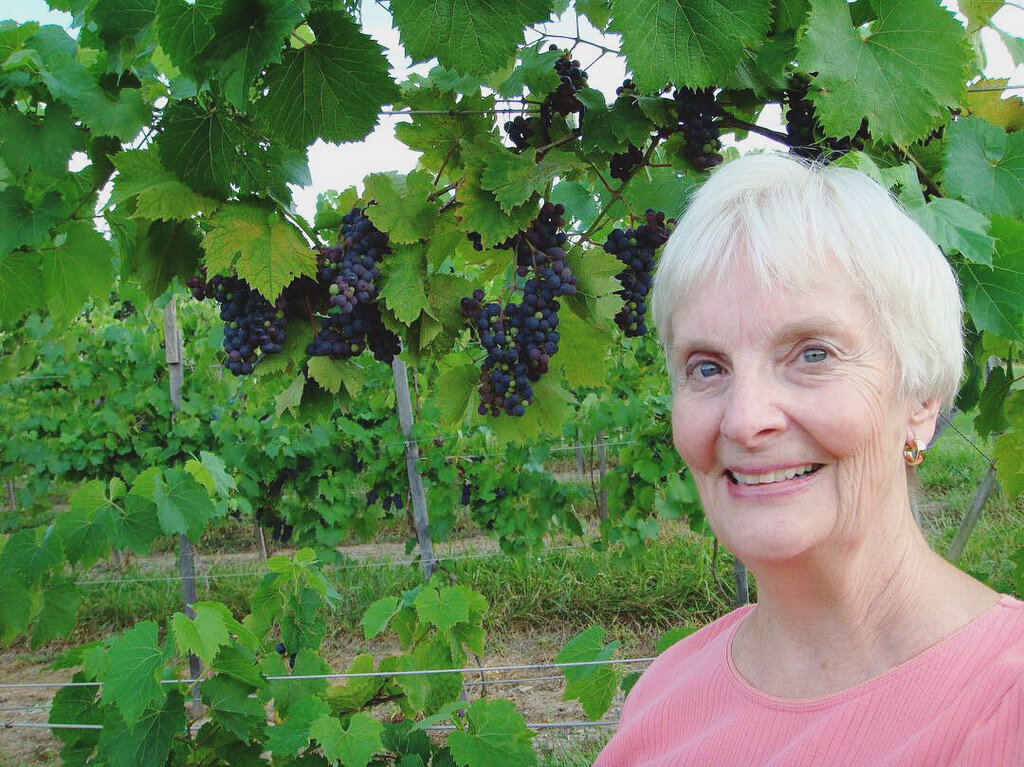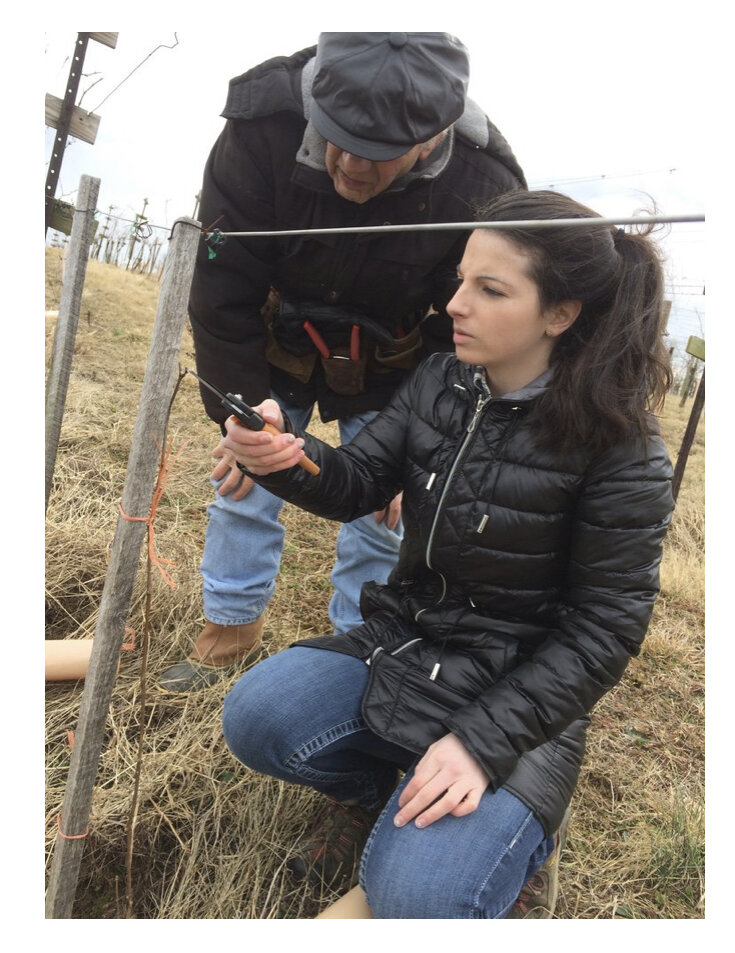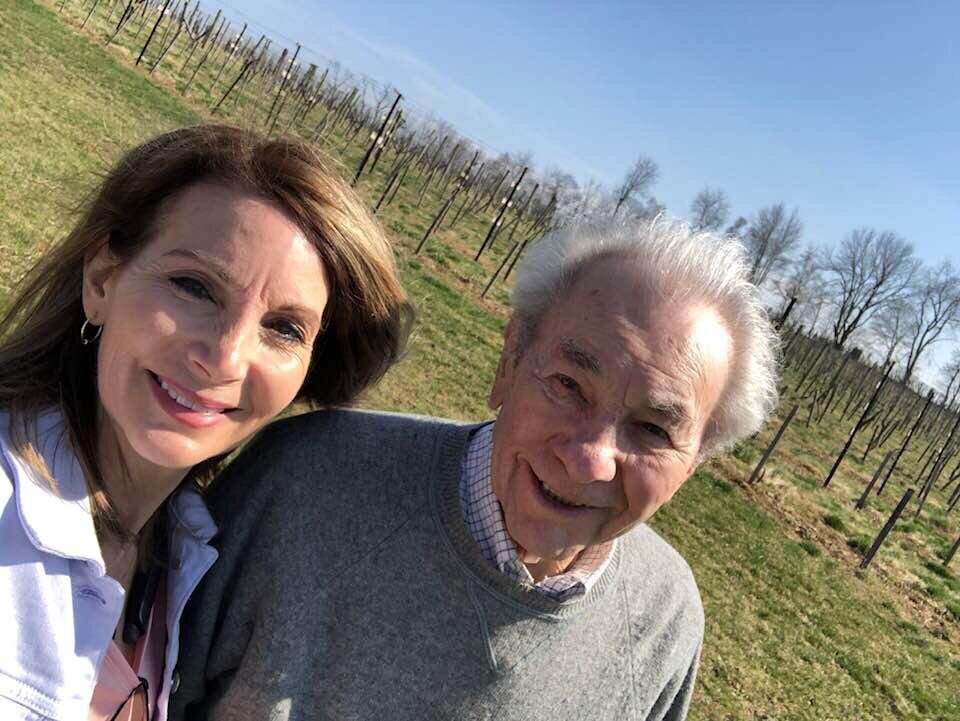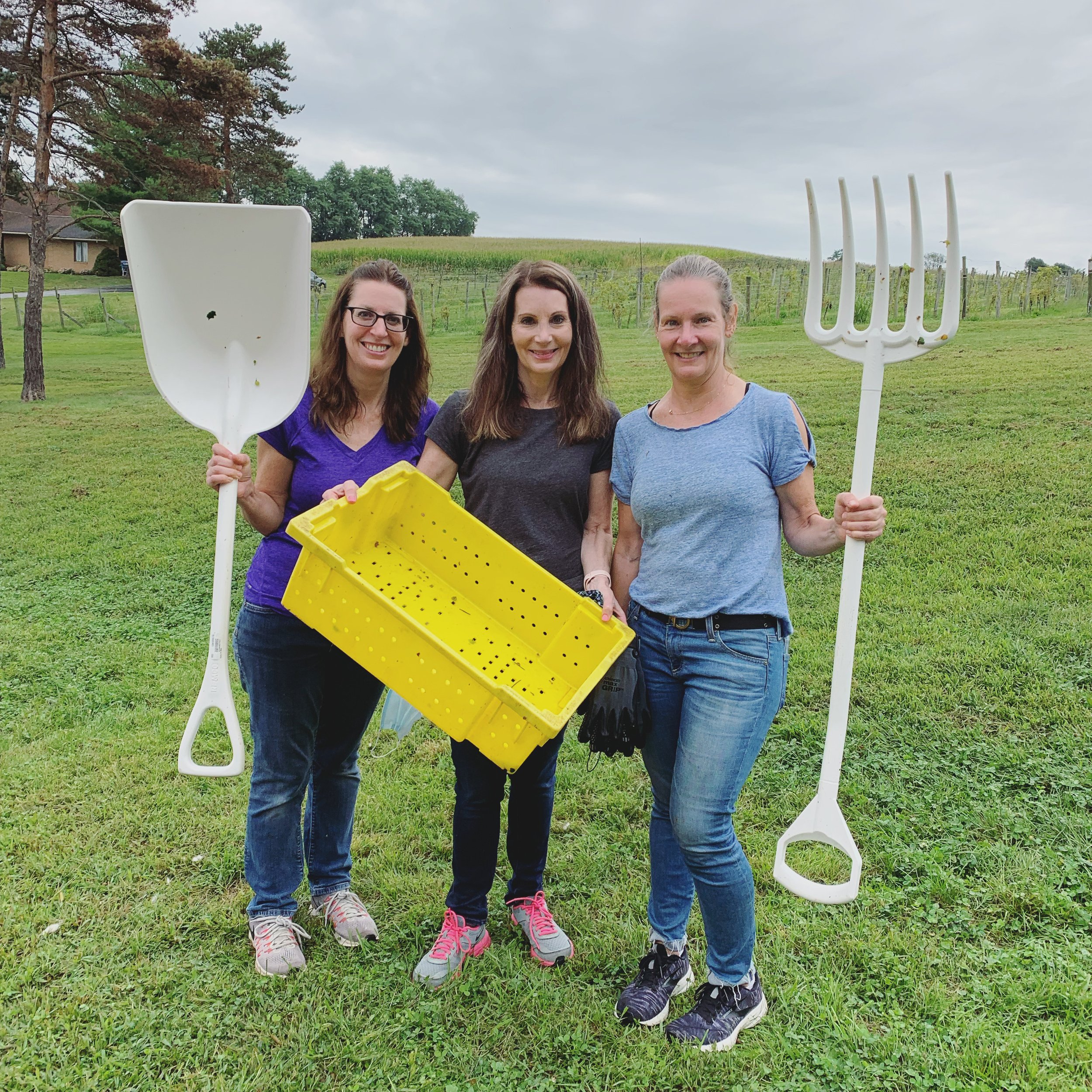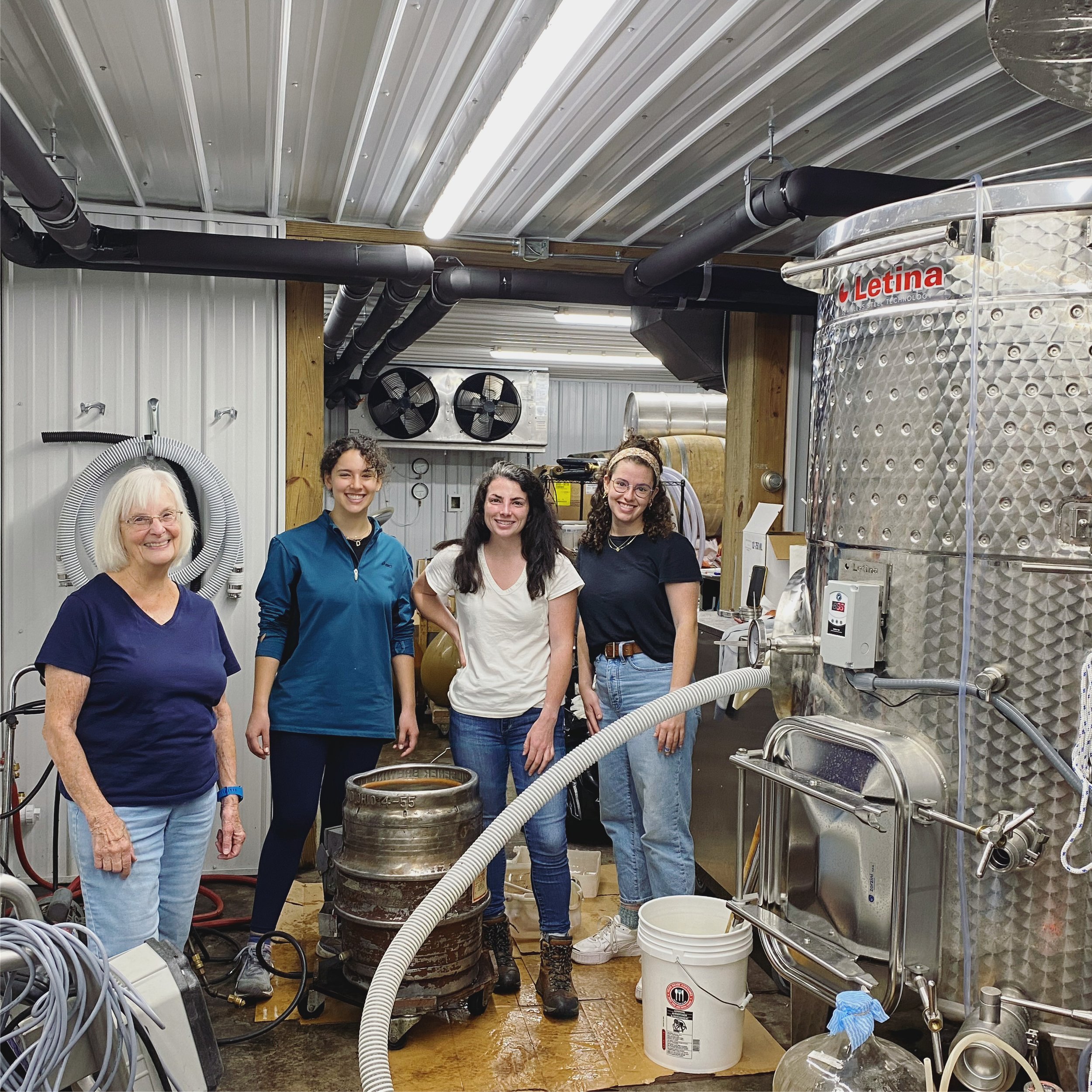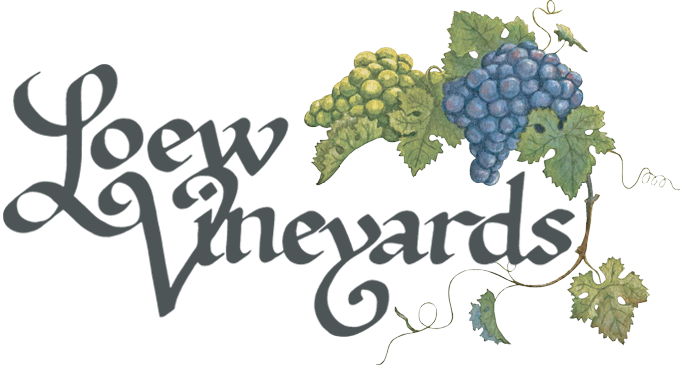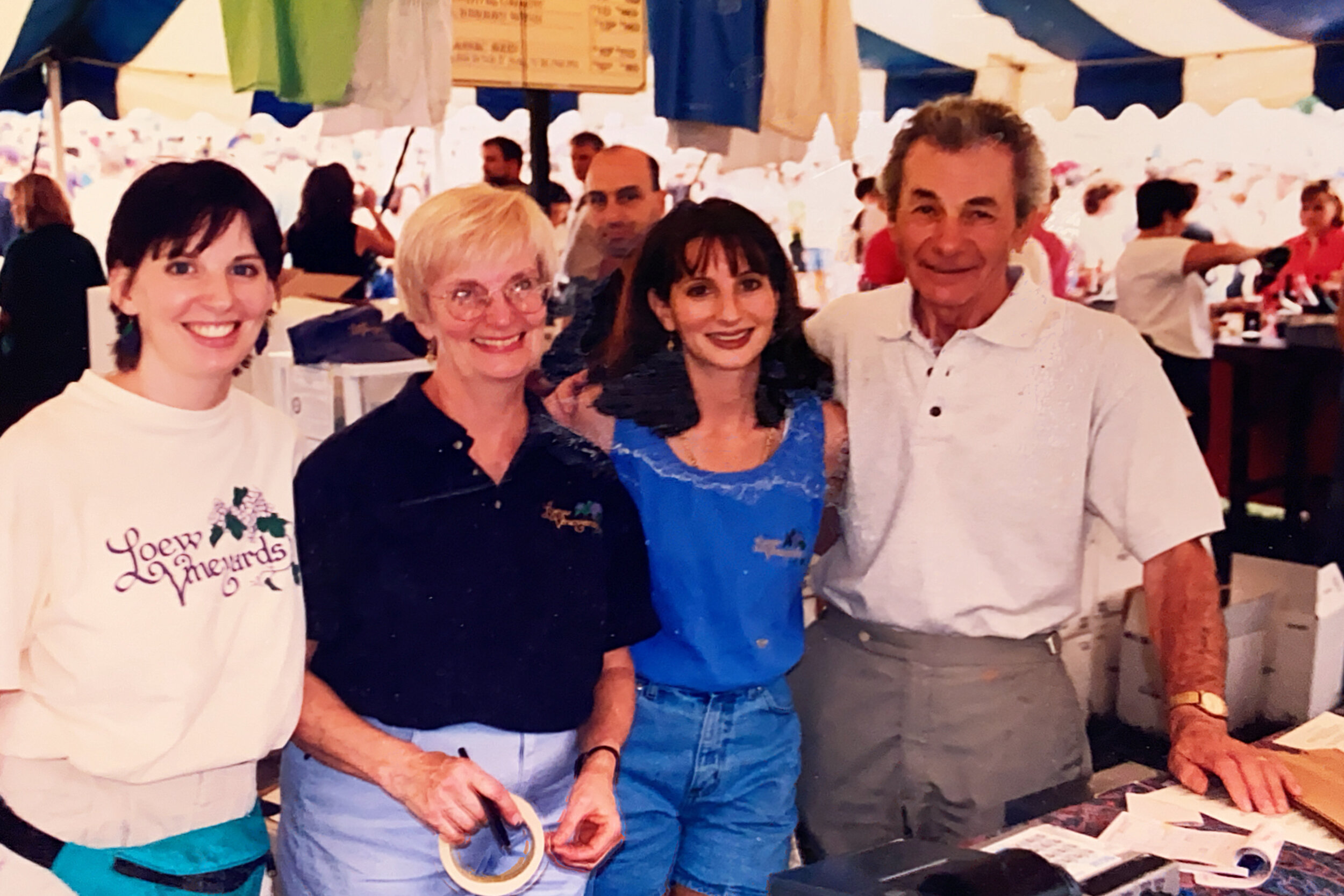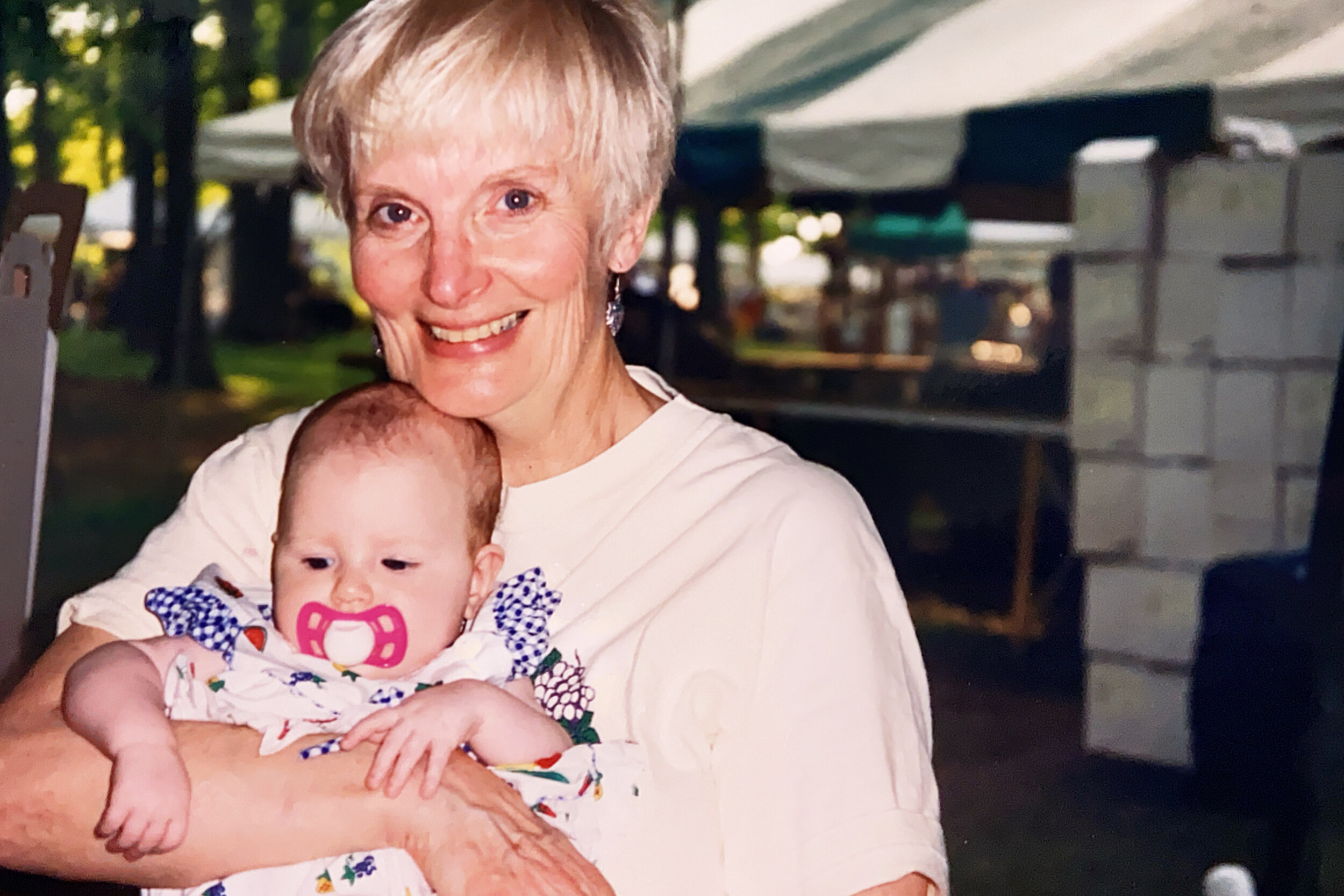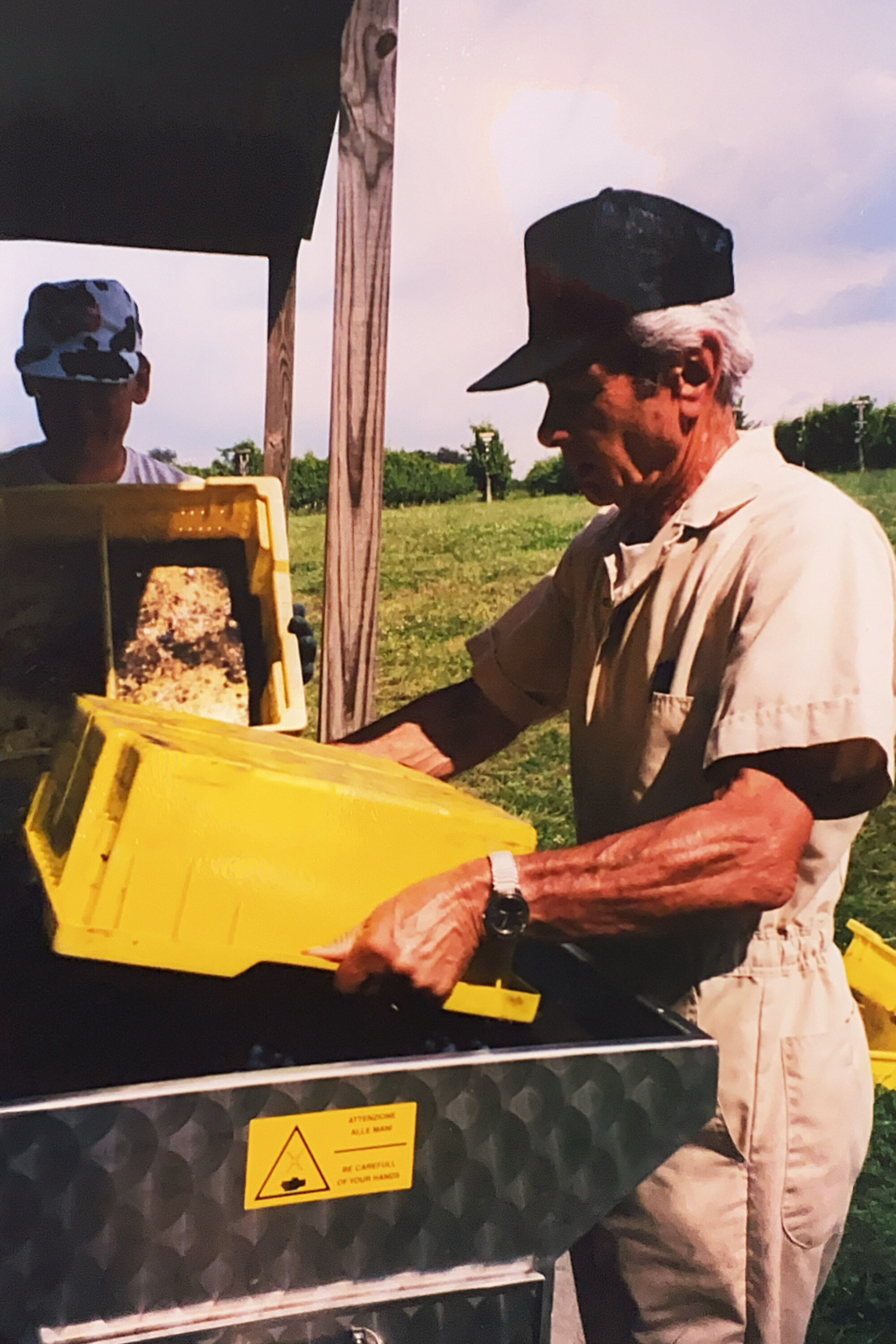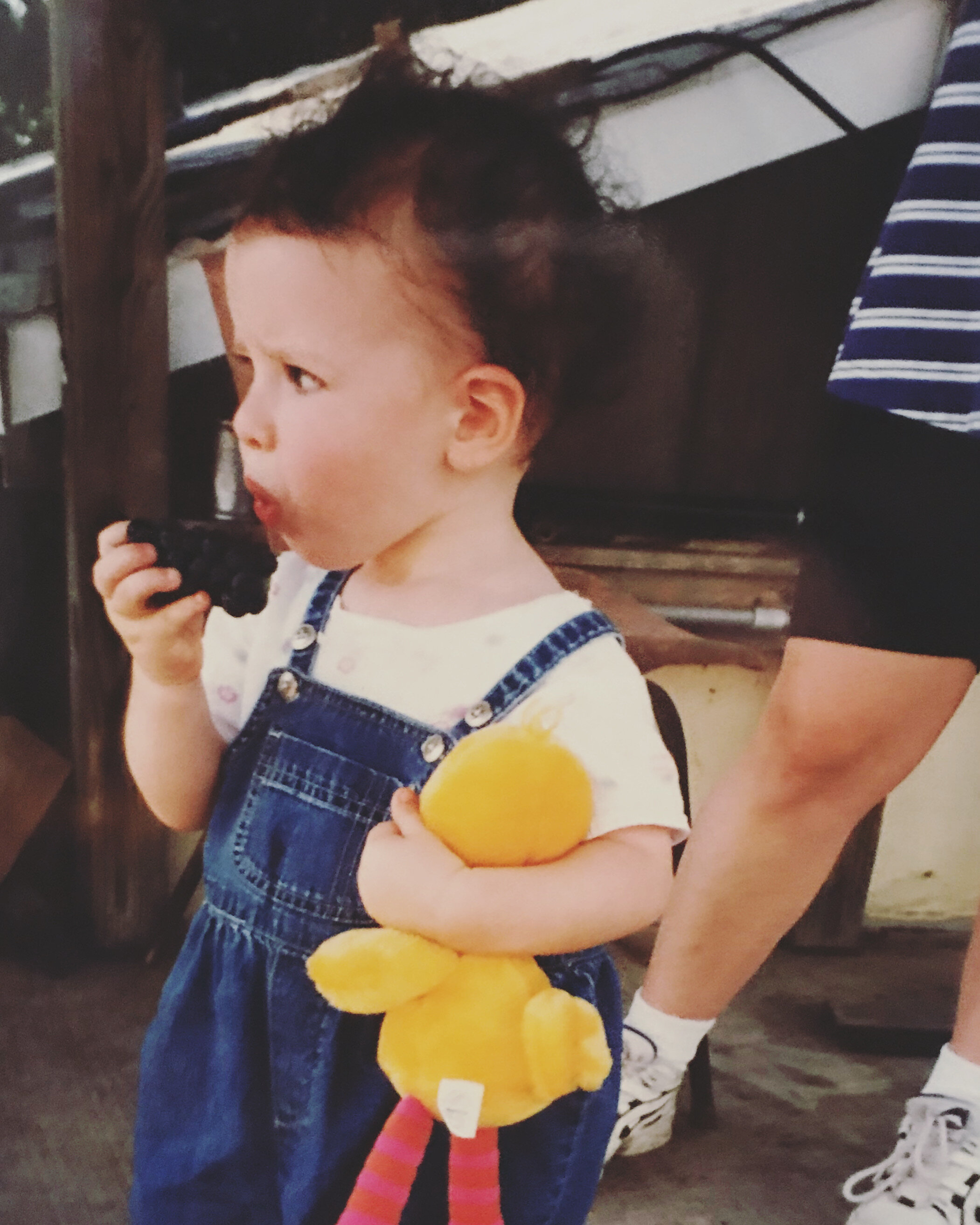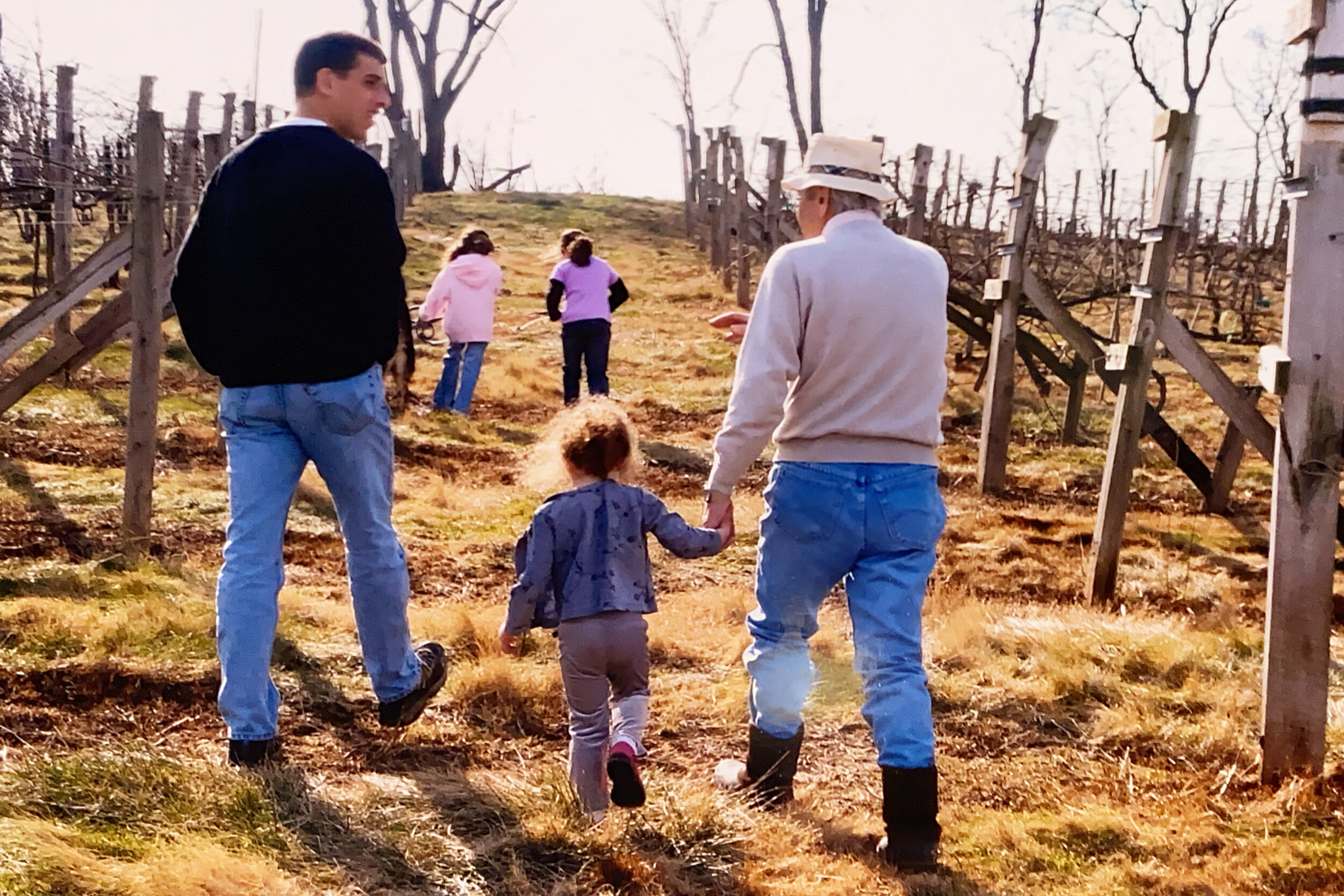
“I wanted to go back to the roots, to what we used to have.”
Loew Family Wines have been Enjoyed for Centuries
The Loew family’s establishment in the wine production dates back at least as far as the Austro-Hungarian Empire. It is woven into a rich tapestry of European custom and tradition. The family began their journey in producing mead (also known as honey wine) in 1870. There, the matriarch and patriarch of the Löw family, Malka and Meilech, first established a meadery in the town of Bursztyn, Poland and later another meadery in Lwów (now known as Lviv, Ukraine). They had ten sons and two daughters who were all involved in the mead business. As their families grew, so did the mead enterprises. By 1930, the Löw family owned over five different prominent meaderies. One of the sons, Eisig Löw, established his meadery in Lwów, Poland; where he established the “first national meadery and beeswax production facility” in Poland. He and his wife, Klara had three sons, Abraham, Elimeilech, and Wolf.
In the late 1930s and 1940s, the Löw families and their mead-making businesses, like many of their community, were destroyed during the onslaught of the Holocaust. All were lost, except for Wolf, who survived through hiding in a woman’s home, escaping and traversing over the Tatra mountains into Hungary where he and joined the underground resistance. Eventually, while on a mission sent by the underground headquarters, he was captured by the Hungarian Gendarmes. Initially, they thought he was a spy since he spoke multiple languages. After interrogations, he was imprisoned in the Budapest Political Prison and a few weeks later transported to Auschwitz Concentration Camp. After five months, he was transported to Flossenburg Concentration Camp, and later a death march where he was liberated by the 99th Division of the US Army. After restoring himself and his health, he finally made his way to the United States.
A copy of Wiliam Loew's grandfather's mead label
Part of a Polish Tribune that shows Eisig Löw's meadery listed in the top left corner
A tribune that shows Mechel Löw's meadery listed in the bottom right corner
William Loew after his survival of the Holocaust
A document from 1908 Showing Mechel's business as his own in Lwów including his honey farm and honey handling
A flyer from Mechel Löw advertising his mead for potential customers to taste
A New life to Begin
When Wolf came to the United States, he adopted the American version of his name: William Loew. William was fluent in many languages and had knowledge in speaking English from working with the United States Embassy after the war. But, like many immigrants, he had to become fluent, develop workplace skills, and find a place within a new world without any family to support him.
He worked, went to college at night, and became an electrical engineer. While working in Indianapolis, he met (and later married) Lois (née Hendrickson). They had three daughters and later moved to Maryland. William (Bill) felt compelled to start winemaking as a home winemaker, as some of his fondest memories of his childhood were the smell of the barrels in his family’s meadery. Over time, he became well versed in the demands of creating a palatable bottle of wine, albeit on a small scale. However, his dreams of greater wine endeavors were not yet fulfilled, and in anticipation of his retirement from his “day job” as a regulatory expert with the FDA, Bill and Lois decided to take the next step.

Bill and Lois on their wedding day

Bill and Lois dancing in the 1970s
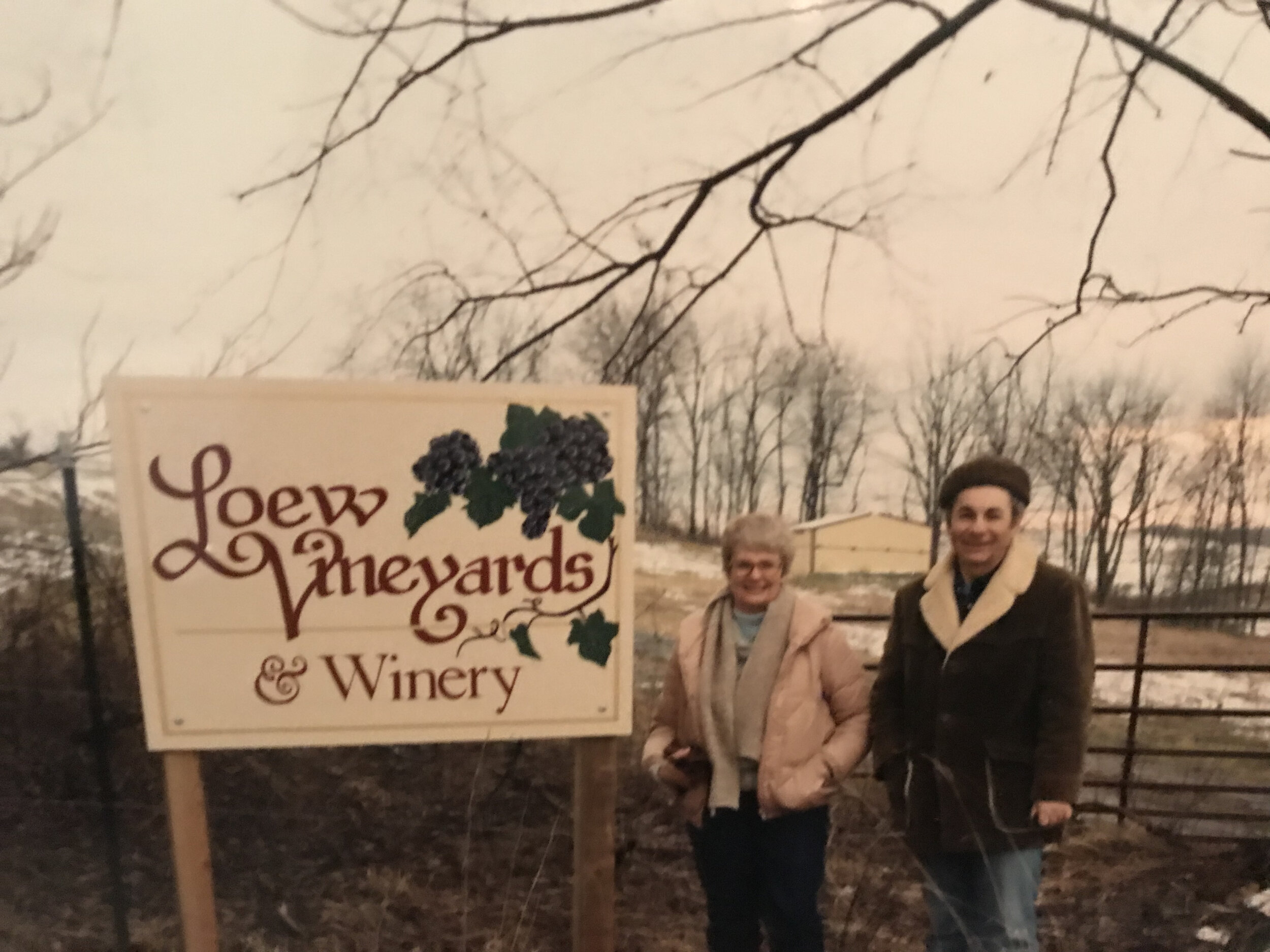
Bill and Lois at the vineyard March 1982 or 1983
Renewing a Legacy
In a search for a suitable piece of land for planting grapes, Bill and Lois enlisted the help of consultants and county agricultural agents. In March of 1982, they found a lovely 37-acre parcel in Frederick County, with good elevation, deep soil, and rolling hills. They ordered grapevines from Philip Wagner, who was then considered the “father” of the grape industry in the mid-Atlantic region, and did the first planting that spring. As the grapevines prospered, Bill and Lois took the necessary steps to become a winery. The first small harvest of grapes became the first small batches of wine in 1986. Bill and Lois’ daughters, many family members and friends have helped in all aspects of the business from planting to harvest, and even festivals.
At that time there were only a handful of grape growers and wineries in Maryland, and, with the guidance of the state agricultural agents, the pioneers are all banded together to form the Maryland Grape Growers Association and the Maryland Wineries Association. Bill and Lois’ participation with the wine industry and community has helped influence the backbones of what the industry is today.
And the Legacy continues…
Over the years, harvest, bottling, planting, wine festivals, etc. have been ways for family and friends to become part of the production and contribute to the family legacy.
Now, the torch is being passed to the next generations, with the eldest granddaughter Rachel (Lipman). Growing up learning about the family history and having fond memories of the vineyard, she began to immerse herself in all aspects of the industry. With a Bachelors of Science in Plant Science and a Bachelors of Arts in Communications from the University of Maryland, College Park. She also studied in France, interned at an organic vineyard in the Loire Valley. She also completed the Washington State University Enology Certification Program. Rachel currently is managing most aspects of the operations for the vineyard, winery, and tasting room. Including winemaking.
As the family looks towards the future and what it holds, this is now a time of new growth while still showcasing and honoring the family history. Plans have been made and they are making efforts to increase production and variety while elevating quality.
The Loew family continues to welcome friends and visitors to share in the history, beauty, and pleasures of grape growing and winemaking.

